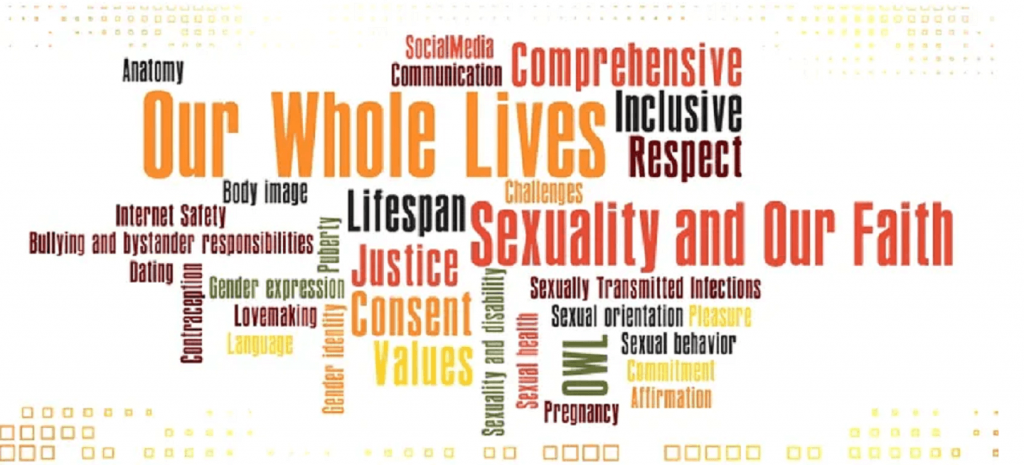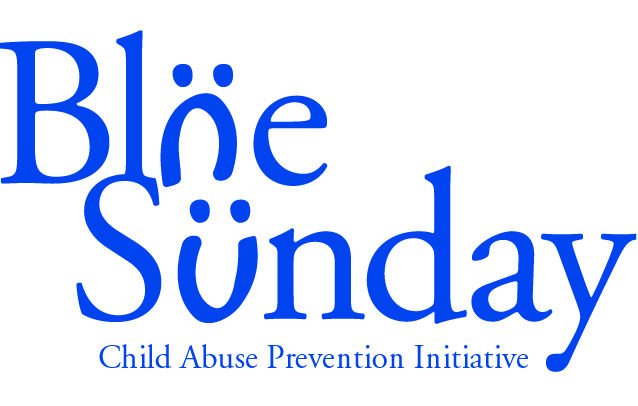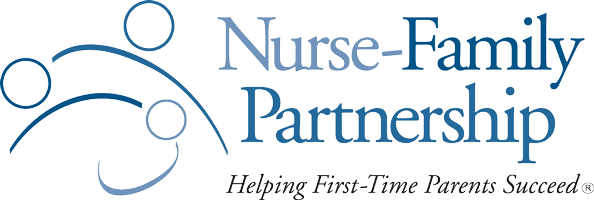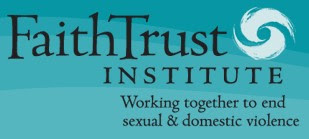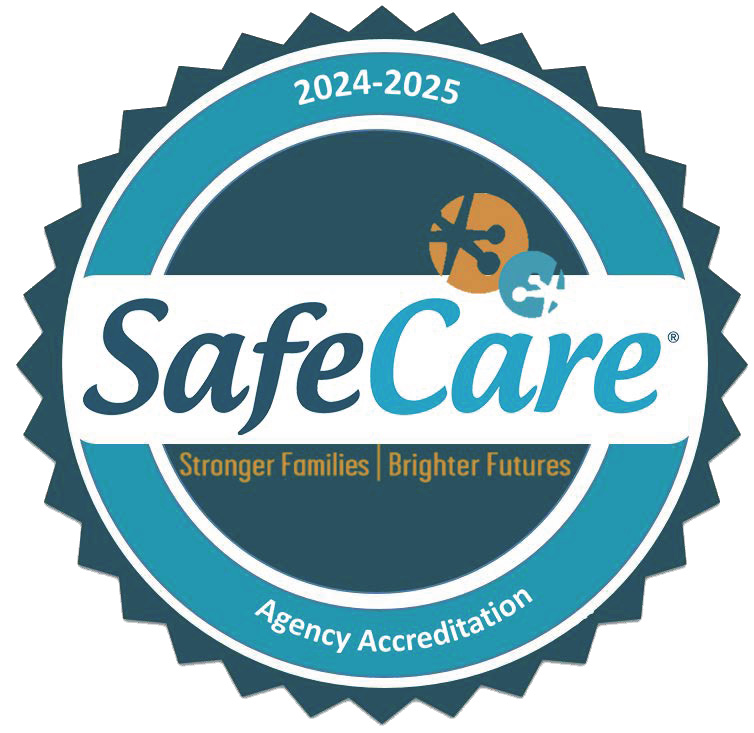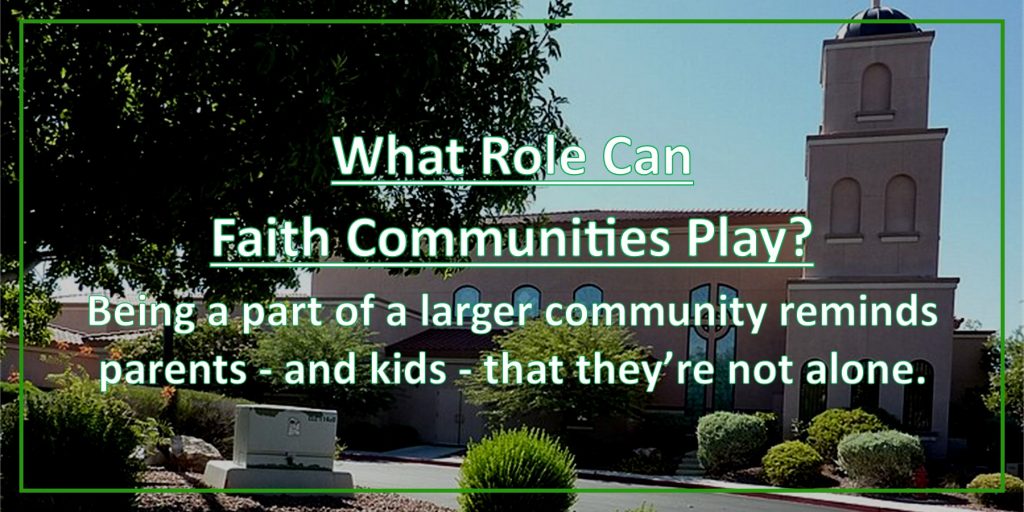
Because we know members of our faith group are there to help, they’re often the first people we lean on.
Faith communities offer built-in chances to connect on a weekly basis as well as opportunities to use your common bonds to start a deeper relationship.
Help reduce silence and isolation.
Kids naturally look up to the adults in their faith community as role models.
Set an example every week with a positive, warm presence and welcome children to the conversation even when they may be a little noisy or energetic.
Encourage your place of worship to offer the Stewards of Children curriculum to leaders, volunteers, and youth group leaders.
Make sure everyone who interacts with kids undergoes training on steps to take to prevent, recognize, and react responsibly to child abuse.
Reach out to families at your church, synagogue, or mosque who seem isolated.
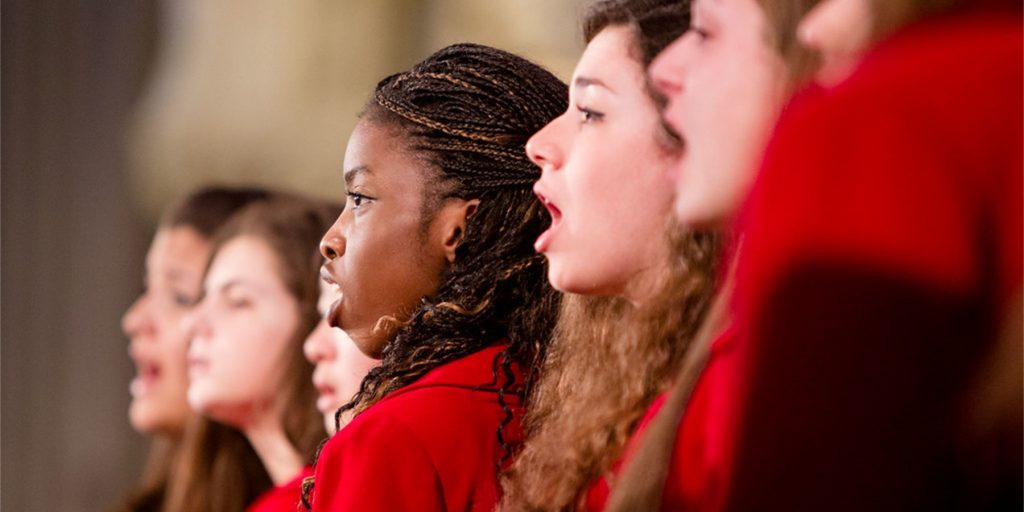
Places of worship are great avenues for concrete support.
Your faith leader can often tell you how to help others in your congregation, or may know of someone in need of specific assistance.
Explore the information, trainings, and webinars offered by the Faith Trust Institute.
The Faith Trust Institute is a national, multifaith, multicultural training and education organization working to end sexual and domestic violence. During COVID they moved all of their training videos to YouTube and their manuals to VAWnet.
Faith community members are a valuable part of the work we do.
Recognize Blue Sunday Day of Prayer during April’s Child Abuse Prevention Month.
Encourage your minister, priest, rabbi or other religious leader to speak to your faith community on your day of worship.
Offer your space.
If your faith community already offers youth programming, is there another night without something scheduled on the calendar? Consider offering a parent support group or a drop-in activity for kids. It’s a great way to give busy parents a break – or to encourage families to do something fun together.
Your youth leaders can teach about healthy relationships and healthy sexuality.
Curriculum like Our Whole Lives “helps participants make informed and responsible decisions about their relationships, health and behavior in the context of their faith.”
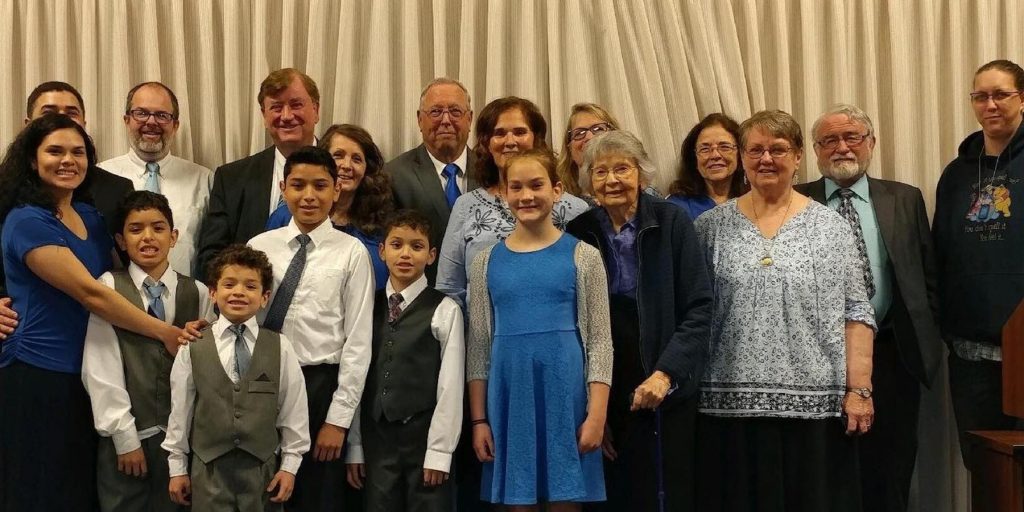
Use your network.
Utilize your established communication channels to help families network and find support groups or resources. A newsletter, bulletin board, or social media platform can help spread the word.
Know someone who is expecting a baby – offer support to enroll them in SafeCare or Nurse Family Partnership. Both of these programs, offered through Humboldt County Public Health, work with new families, or growing families and offer lots of support and resources.
Take advantage of resources, or share them with others. Find local resources in the Humboldt Community Resource List and the North Coast Resource Hub.
Start a youth group or activity night for the teens in your religious community.
Share Family First on Facebook and spread the word that there are ways to get involved.
Resources for Faith Communities
